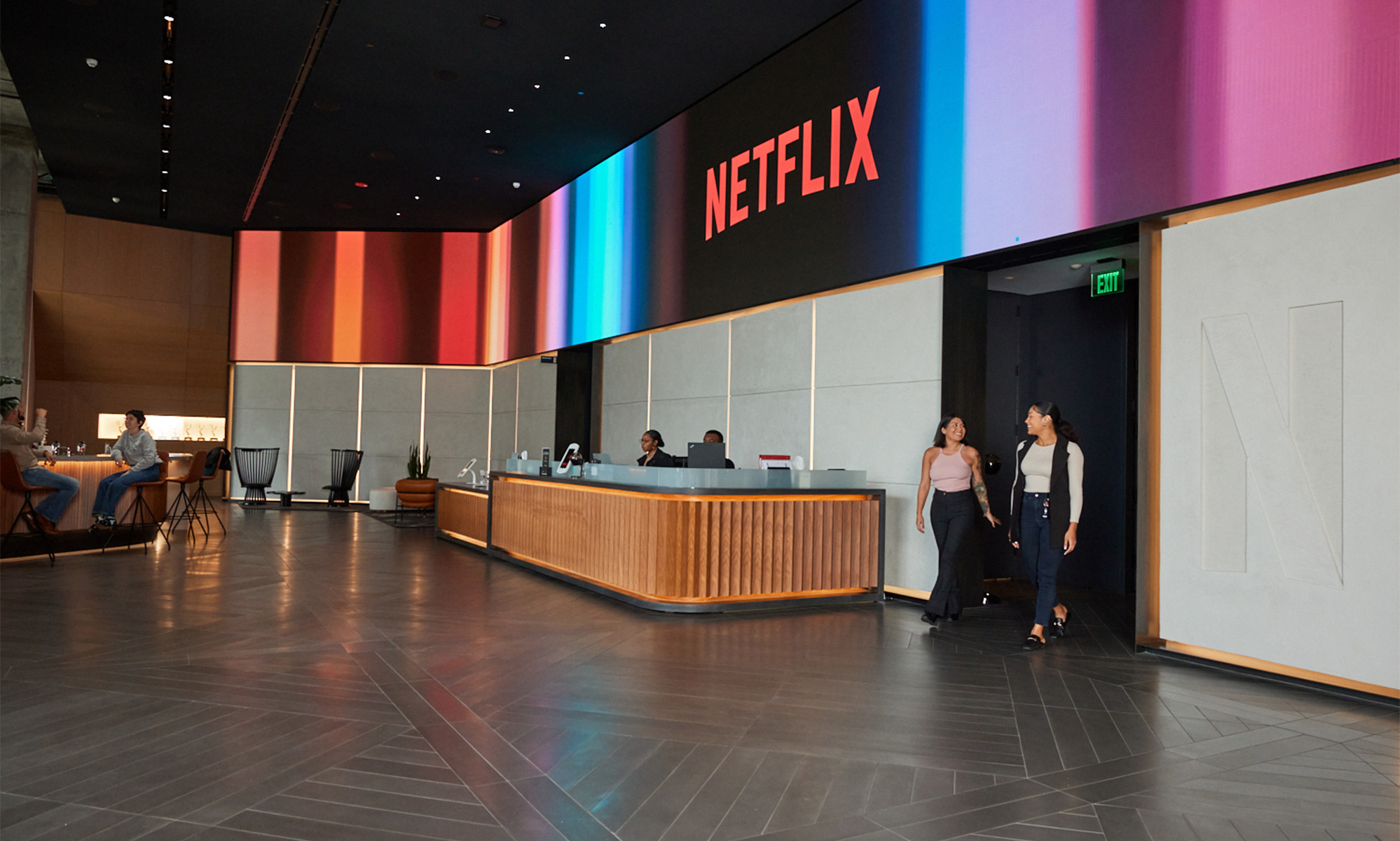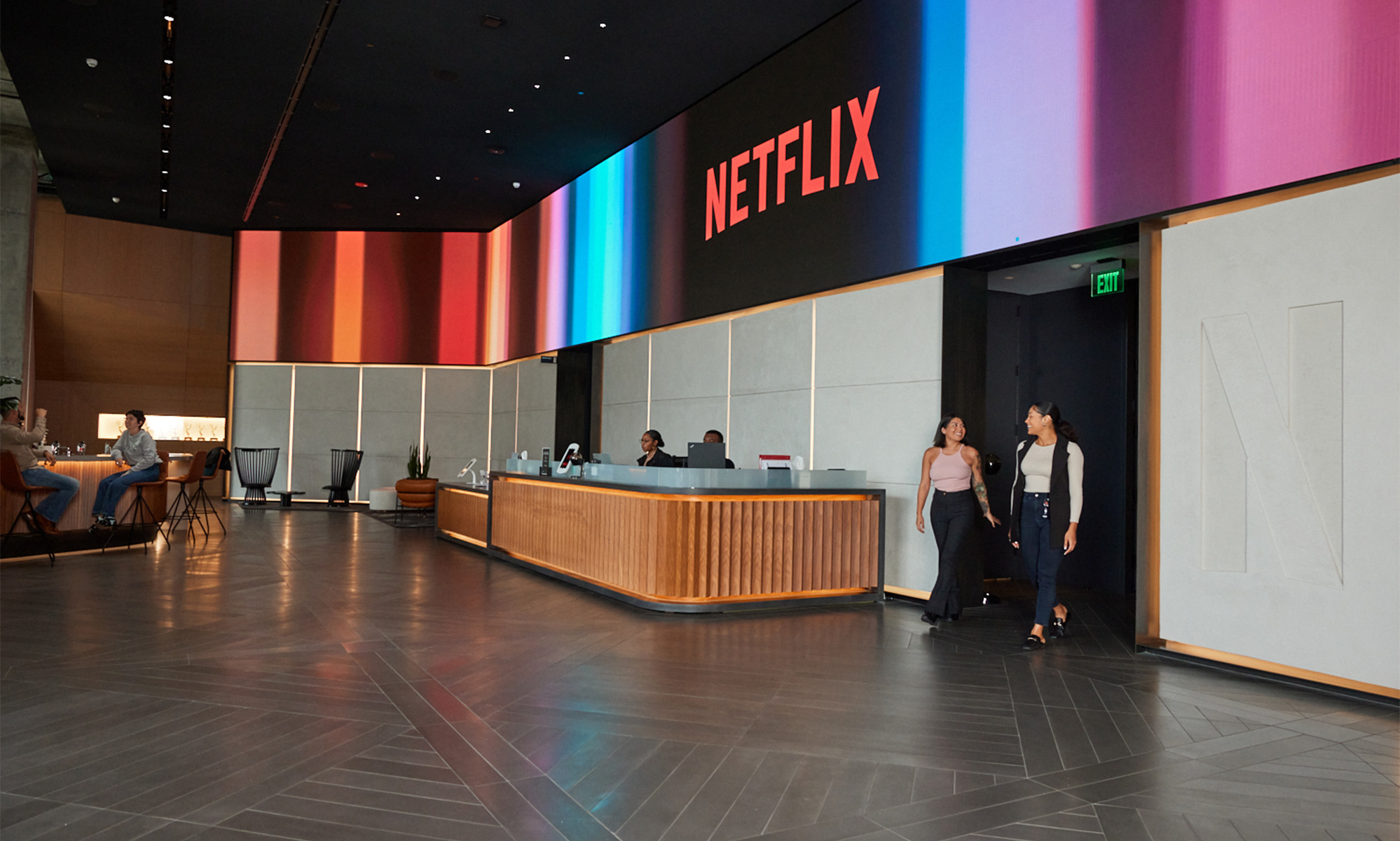Both Netflix (NFLX 1.96%) and Alphabet's (GOOG 0.04%) (GOOGL 0.08%) Google are dominant at what they do. Netflix continues to expand its content catalog and win over millions of new subscribers in the process.
Google is the leader in search, and because of its widely used services, such as Gmail and YouTube, the company is ranked the No. 3 most valuable brand in the world, according to Brand Finance.
But which stock is the best investment from today's prices? Let's find out.

IMAGE SOURCE: GETTY IMAGES.
Content is everything to Netflix
Perhaps the best reason to buy Netflix is its ability to raise prices. The streaming giant has increased its prices several times over the past decade, yet total paid members have still climbed from 41.43 million in 2013 to nearly 148.86 million as of the most recent quarter.
There's arguably no greater competitive advantage than the ability to raise prices and not see any falloff in demand. While investors don't get the benefits of those price increases in the form of increased earnings per share, the price increases allow Netflix to invest in original movies and TV shows, which helps attract new members, grow revenue, and in turn reward shareholders.
However, Netflix's quest for world dominance is getting expensive. Last year the company spent $13 billion on content. This year it could spend another $15 billion, according to analysts, so it's easy to see why the company needs those price increases.
But raising prices is still not enough. Even with all the price increases in recent years, the company has taken on $10.3 billion of debt to help finance its growth.
Netflix is profitable, with a 10.2% operating margin in Q1 and an expected 12.5% operating margin for Q2. However, free cash flow has nosedived to negative-$3 billion over the last year, which compounds the problem of its debt burden.
I expect Netflix's cash situation to improve, since the cash burn is due to laying a foundation for international growth. Plus, management only spends money when it expects to generate a profit down the road. As we've seen with Netflix's phenomenal growth domestically over the past 10 years, the surest way to grow revenue is by offering a wide variety of content, so there's something for everyone.
Still, with the stock trading at a high valuation of 125 times trailing earnings and 9.5 times sales, investors must pay a steep price for growth that may already be figured into the share price.
It's all about data for Google
The search giant is drowning in cash. Over the past year, Alphabet generated $25.5 billion in free cash flow and has $113 billion in cash and very little debt. This financial fortress provides the company a lot of flexibility to potentially pay a dividend, buy back shares, and invest in new growth opportunities -- and it has plenty of those.
The company continues to spend billions on data centers every year, as data gathering is the engine that fuels just about everything it does. Google uses data to make its services smarter, including maps, photos, and Google Home products. This approach, in turn, attracts more users, who generate more data for Google to process, making its services even better. More users and more data attract spending from advertisers, which made up 85% of Alphabet's total revenue last year.
Each of Google's core platforms -- Android, Chrome, Gmail, Google Drive, Google Maps, Google Play, Search, and YouTube -- has over 1 billion monthly active users. Android has seen steadily increasing market share on mobile in recent years, and the company is seeing strong growth from Google Cloud and YouTube. Over the past five years, revenue has more than doubled to a whopping $142 billion, although growth has decelerated in recent quarters.
Which is the better buy?
Alphabet is not growing as quickly as Netflix, and that gap in growth is widening in the short term. Analysts expect Netflix to grow revenue by 28% this year, helped by price increases, while analysts forecast Google's top line to increase by 17%, down from 23% last year.
NFLX Revenue (TTM) data by YCharts
Alphabet is more profitable, with an operating margin currently at 23%, compared with Netflix's 9.74% on a trailing-12-month basis. However, Alphabet's margin has been coming down in recent years, while Netflix's margin is improving.
NFLX Operating Margin (TTM) data by YCharts
Alphabet's margin decrease is not a bad thing -- it reflects growth coming from new areas that generate lower margins. For example, more searches are coming from mobile, which generates a lower margin than search from other channels. In addition, the growth of low-margin hardware and services, including Google Home products, Google Play, and Google Cloud, is putting pressure on margin as well.
Alphabet is still a wide-moat business, given the stickiness of its services and the value of the Google brand. Analysts expect Alphabet to grow earnings by 15.75% annually over the next five years.
Netflix may grow faster, but investors must pay a high price that may not be worth it right now, given the company's weakening financial position and the uncertainty about the impact of new streaming services from Apple and Walt Disney later this year.
To be clear, I don't expect Netflix to lose subscribers to these services, as I think digital streaming is cheap enough that several providers can thrive. But with shares of Netflix trading for 103 times this year's earnings estimates, there's no harm in waiting to see how the streaming landscape shakes out before investing in the stock.
Meanwhile, investors can buy a share of Alphabet for 23.7 times this year's earnings estimates, which, adjusted for growth, gives a PEG ratio of 1.50 -- lower than Netflix's PEG ratio of 2.26.
For these reasons, I believe Alphabet is the better buy.










